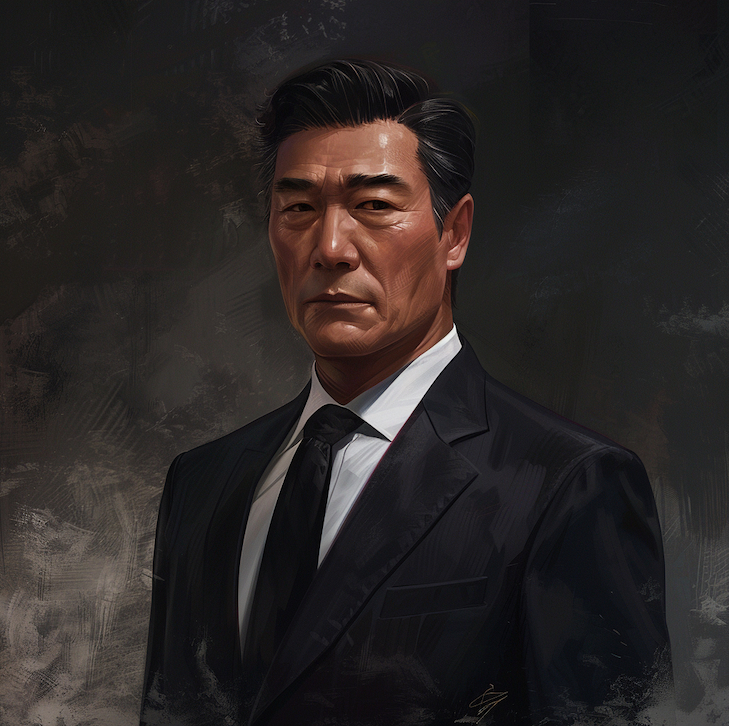
China Banking News
Critical intelligence on China's economy read by the world's leading hedge fund managers and global macro investors.
By subscribing, I agree to Substack’s Terms of Use and acknowledge its Information Collection Notice and Privacy Policy